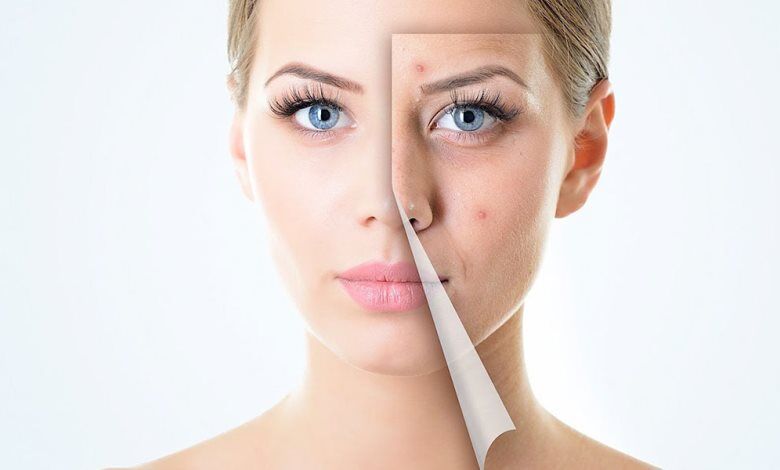Hormones are vital messengers that work on a cellular level to make sure that all our body’s functions are operating effectively. They send the correct signals to the relevant tissue of the body to perform certain actions. If you have too much or too little of one hormone, you can develop skin conditions that are tough to get rid of. Here are five specific ways in which hormones affect your skin.

Menopausal Effects
As a woman, you will start to transition into menopause as you age. This is when you will stop having a regular menstrual cycle, but menopause is more involved than this. It’s the natural decline of your reproductive hormones, meaning your estrogen and progesterone levels will drop significantly from a certain age. The biggest change is that your body won’t make as much collagen as it used to. When you start with menopause, your skin may start to get dry and sag.
Signal Different Functions
Everyone needs the thyroid-stimulating hormone, for example, which helps to regulate every function of your body. With too little TSH, your skin can go ice-cold even when it’s hot outside. This kind of hormone is called tropic hormone and is from the peptide family. Another type of tropic hormone is progesterone, which affects your skin by giving you acne.
All tropic hormones are essential to the proper functioning of the body and work with the adrenal and pituitary glands, as well as ovaries and testicles. By understanding tropic hormones, you get a better idea of what processes are continuously happening in your body.
Stress Leads to Psoriasis
Stress causes physical changes to your body, and your skin is just one area that is affected. Cortisol is known as the stress hormone. When the body is stressed, it causes everything else to become inflamed. It’s a biological response to your body trying to protect itself, but when you have very high levels of cortisol, you can develop skin problems like psoriasis. This is a lifelong condition with no cure and causes red itchy patches of skin that appear scaly. It can be very uncomfortable, flaring for a few months, then going into remission for another few.
Increased Sweat
You produce sweat to control your body’s temperature. For women, their body temperature will change throughout the month and work in two phases: luteal and follicular. The follicular phase is the first half of a woman’s menstrual cycle when the basal body temperature is lower. During the second half, the luteal phase, your body temperature rises when you are exposed to heat. This is why some women become very uncomfortable in the summer months during their period. You produce extra sweat because your body temperature is higher during these two or so weeks.
Testosterone Produces More Oil
Men and women alike have testosterone, but men have more of it. Your skin is covered in small sebaceous glands that secrete the oil on your skin. Now, the male hormone is an androgen that is very sensitive to these sebaceous glands. The more androgen-like testosterone someone has, the more oil they will produce. This isn’t ideal because more oil equals clogged pores. Testosterone can also change the skin cells that are around your hairline. The hormone produces more oil in these places and can make your hair sticky and prone to absorbing dust and dirt easier.
For various functions to occur in your body, it needs hormones to signal what needs to happen. Too much of one hormone can also cause dry and cracked skin if you have any sort of imbalance. It’s important to have this kind of problem addressed because it can lead to painful and sensitive skin that is hard to manage.